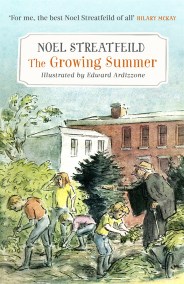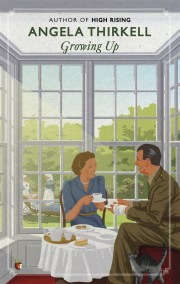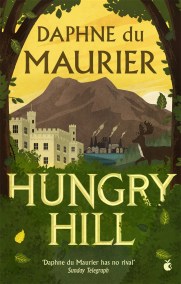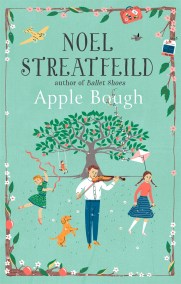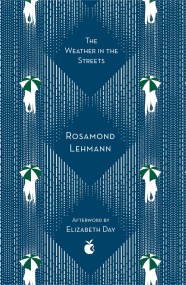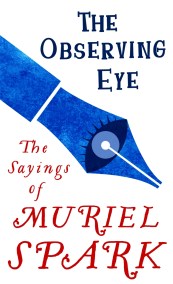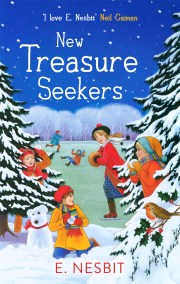FROM THE PULITZER PRIZE AND NATIONAL BOOK AWARD FINALIST, GRACE PALEY
‘Grace Paley’s is exceptional’ KASIA BODDY, GUARDIAN
‘Her unladylike gutsiness and friendliness are nonpareil’ EDMUND WHITE, OBSERVER
‘They are stories full of the stories we all tell and live by, tall stories as well as short’ SALMAN RUSHDIE
Here are all Grace Paley’s classic stories in one volume. From her first book The Little Disturbances of Man (1959) to Enormous Changes at the Last Minute (1974) and Later the Same Day (1985), Grace Paley’s quirky, boisterous characters and rich use of language have won her readers’ hearts and secured her place as one of America’s most accomplished short story writers. Her stories are united by her signature interweaving of personal and political truths, her extraordinary capacity for empathy and her pointed depiction of the small and large events that make up daily life.
‘Grace Paley’s is exceptional’ KASIA BODDY, GUARDIAN
‘Her unladylike gutsiness and friendliness are nonpareil’ EDMUND WHITE, OBSERVER
‘They are stories full of the stories we all tell and live by, tall stories as well as short’ SALMAN RUSHDIE
Here are all Grace Paley’s classic stories in one volume. From her first book The Little Disturbances of Man (1959) to Enormous Changes at the Last Minute (1974) and Later the Same Day (1985), Grace Paley’s quirky, boisterous characters and rich use of language have won her readers’ hearts and secured her place as one of America’s most accomplished short story writers. Her stories are united by her signature interweaving of personal and political truths, her extraordinary capacity for empathy and her pointed depiction of the small and large events that make up daily life.
Newsletter Signup
By clicking ‘Sign Up,’ I acknowledge that I have read and agree to Hachette Book Group’s Privacy Policy and Terms of Use
Reviews
An understanding of loneliness, lust, selfishness and fatigue that is splendidly comic and unladylike
Grace Paley is the most intelligent, generous, incorruptible writer I ever knew. Her daughter says, 'I learned from her that precision requires a warm eye, not a cold one,' and so did we all. Keen wit and real modesty seldom occur in such happy alliance. Who she was is what she writes. She never shows off, never bullies. She asks us what do you think about this? and is interested in our answer. She takes nothing for granted and everything as worth rethinking. Her writing on social issues remains timely because it was never superficial; she held understanding more useful than judgment. Very few writers can match the offhand voice, with its unmistakable oral cadence, in which her poignant, funny short stories are told
Grace Paley makes me weep and laugh - and admire. She is that rare kind of writer, a natural, with a voice like no one else's: funny, sad, lean, modest, energetic, acute
As long as there are human beings wondering who they are, and how they can be better - looking for a more full-hearted way of being In the world - there will be readers for the great, beloved, much-missed Grace Paley
This is a collection full of energy and stunning, quiet innovation . . . it spills over with contempt, raucous humour, sadness and generosity. In it, life and language are synonymous, and there is no higher praise. What a wonderful book
Grace Paley is one of the great writers of voice of the last century. There's an experience one has reading a stylist like her that has to do with how rich in truth the phrase-or-sentence-level bursts are and how quickly they follow upon one another . . . A writer like Paley comes along and brightens language up again, takes it aside and gives it a pep talk, sends it back renewed, so it can do its job, which is to wake us up
Paley is as clever a mimic as Philip Roth, as cheerfully zany and aleatory in her vision of New York as Christina Stead, as serendipitous as Donald Bartheleme, but her unladylike gutsiness and friendliness are nonpareil
Grace Paley's work makes the novel as a form seem virtually redundant. Each one of her stories has more abundant inner life than most other people's novels . . . Her prose presents a series of miracles of poetic compression
These stories, brief and extended, burn with a high-energy commitment to the great work of being alive. They are stories full of the stories we all tell and live by, tall stories as well as short . . . And they are stories in which the whole of a world, its children, its dead, its furniture, its snacks, is lovingly and unsentimentally named. Named, and not forgiven
















































